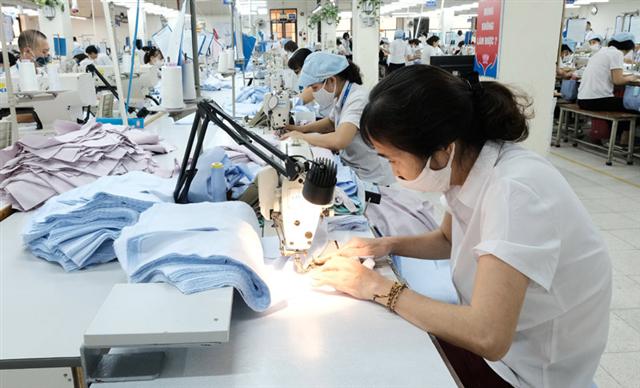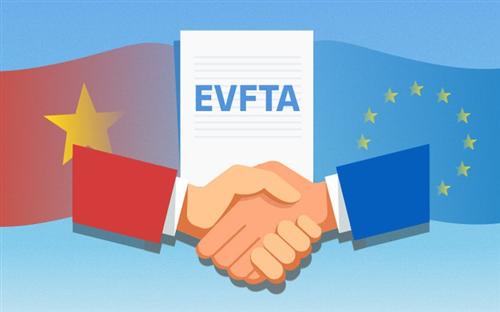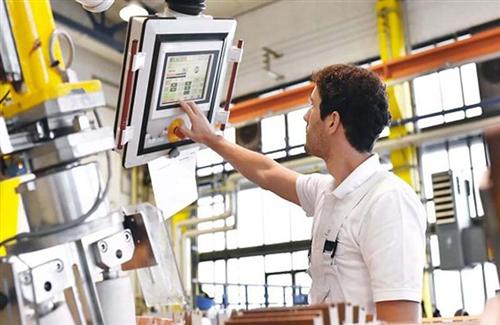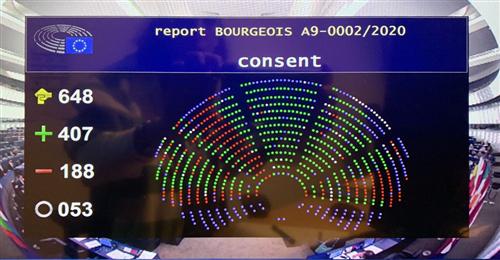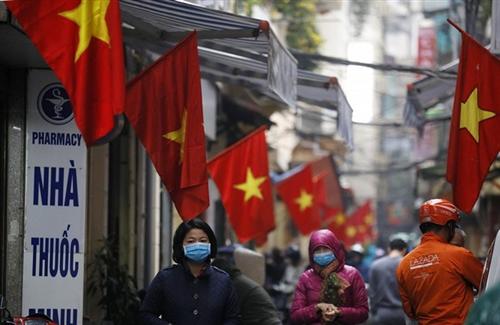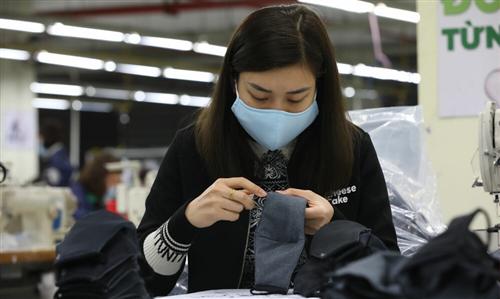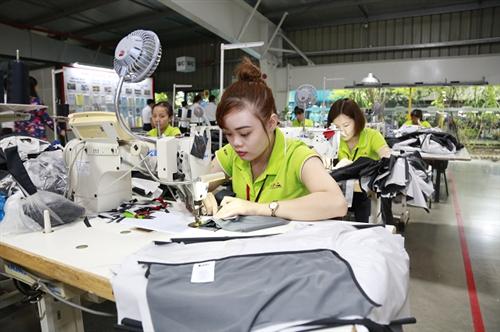Prices of goods under State watch should be kept unchanged to curb inflation: GSO
Prices of goods under State watch should be kept unchanged to curb inflation: GSO
The Government should not raise the prices of any products under its management, especially medicines, fuels and electricity, in the first half of 2020 to keep the full-year inflation rate under control, stated the General Statistics Office (GSO).
The Hanoi-based agency noted in a statement that the impact of the ongoing coronavirus outbreak could drive up the prices of medicines and household electricity.
However, the prices of fresh food, such as chicken, pork, beef and vegetables, as well as those of meals outside the home and of tourism, hotel, entertainment and recreation services could drop in the short run due to reduced demand for consumption, eating out and tourism.
If the outbreak ends within the first quarter of this year, food prices will likely rise in the second quarter, according to the GSO.
However, if the outbreak is still raging in the second quarter, the prices of fresh food will surge due to the decline in production activities. Also, prices usually go up in the year-end months.
In an attempt to stabilize prices and bring the full-year inflation rate under the target of 4%, the GSO proposed the Government instruct ministries not to raise the prices of any products under the umbrella of the State.
For example, the fuel price stabilization fund should be tapped efficiently to prevent any pricing hikes in fuels in the first months of the year, according to the agency. The fund serves as a tool for the State to regulate domestic petrol and oil selling prices to safeguard the interests of consumers, traders and the State.
In addition, the Government should keep a close watch on pricing developments and take steps to control outbreaks. The move is meant to stabilize food supplies and keep their price increases to a minimum, the GSO explained.
The GSO also called on the State Bank of Vietnam to maintain interest and exchange rates at reasonable levels and keep core inflation between 2% and 2.5%. Core inflation is the change in the costs of goods and services but does not include those from the food and energy sectors.
In a related development, the Ministry of Planning and Investment suggested the Ministry of Finance, in collaboration with other relevant agencies and local governments, adopt measures to control and stabilize goods prices.
Authorities should prioritize exports and customs clearance for goods used as input materials for products used in the prevention and control of disease outbreaks.
The Ministry of Planning and Investment also urged the Ministry of Industry and Trade to secure goods supplies on the domestic market and make frequent inspections to avoid hoarding, the practice of obtaining and holding resources to create artificial scarcity.
Inflation in Vietnam reached its highest rate since 2013 in January this year. The sharp rise in inflation from just 2% year-on-year in September 2019 to 6.4% in January 2020 was driven primarily by a sharp rise in pork prices caused by the spread of African swine fever across the country.
The rise in inflation poses a challenge for the Vietnamese central bank, which could come under pressure to raise interest rates if inflation overshoots expectations, according to Capital Economics.
On balance, however, the London-based economic research company stated that interest rates would be left unchanged.
“For starters, the rise in inflation has been caused by temporary factors, and inflation should drop back once pig numbers start to recover,” noted the think tank.
It added that the jump in pig prices will eat into the purchasing power of consumers, which will drag on demand. With the economy likely to be hit hard by the disruption caused by the coronavirus outbreak in China, a rate hike would only make matters worse.






